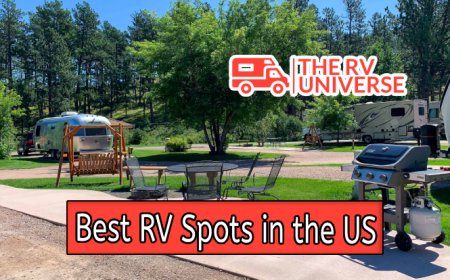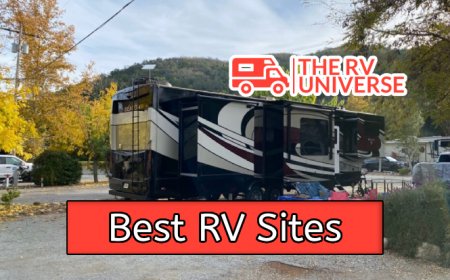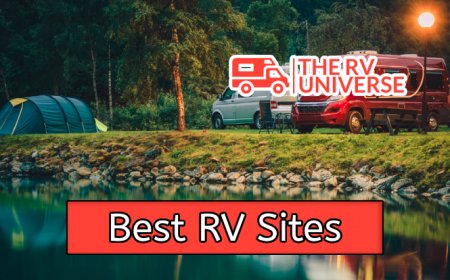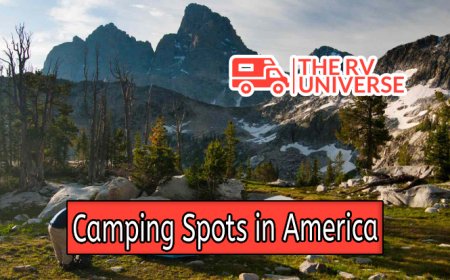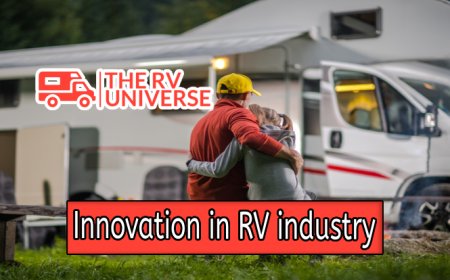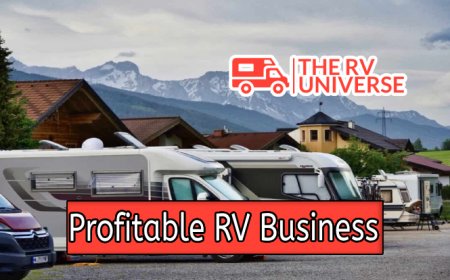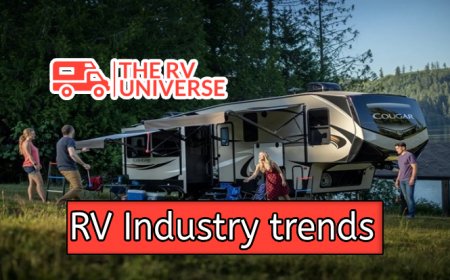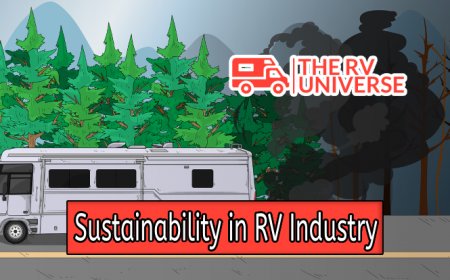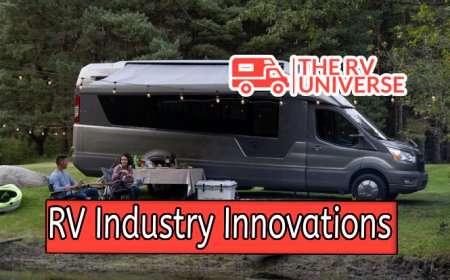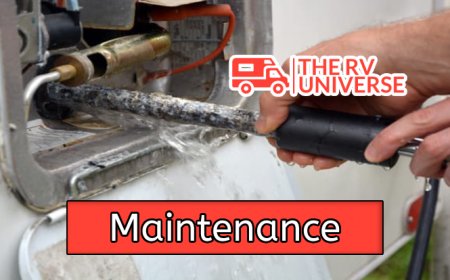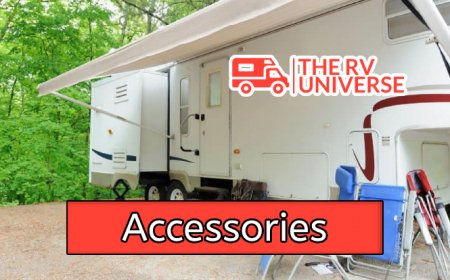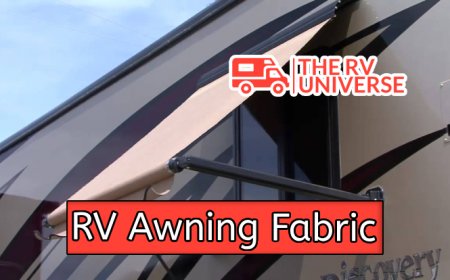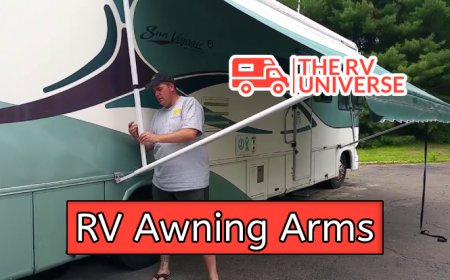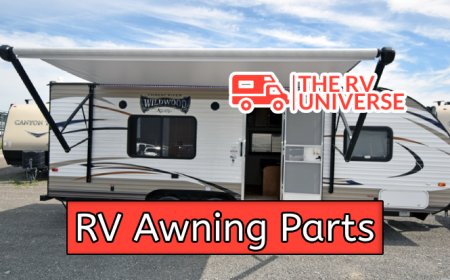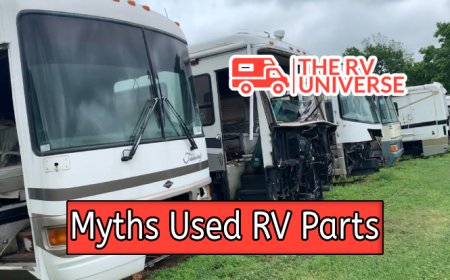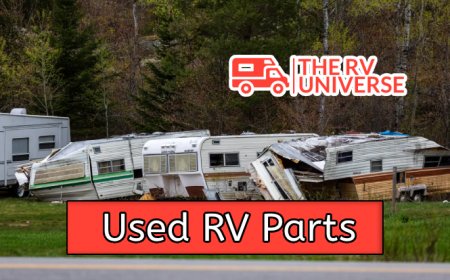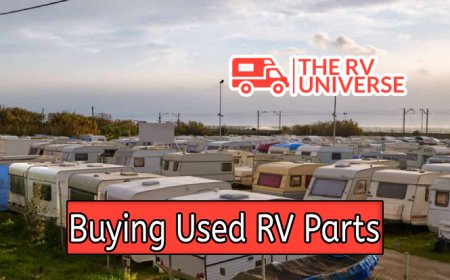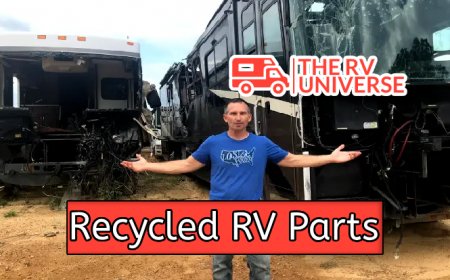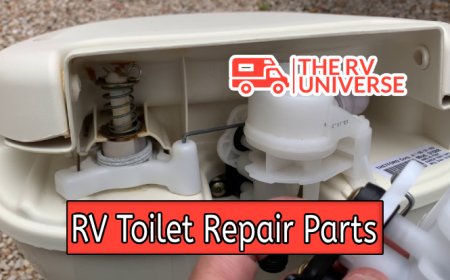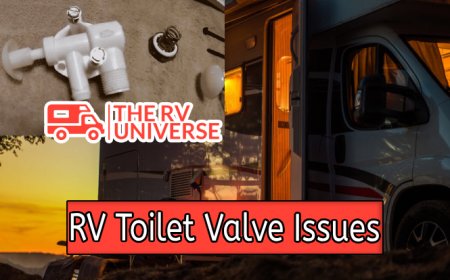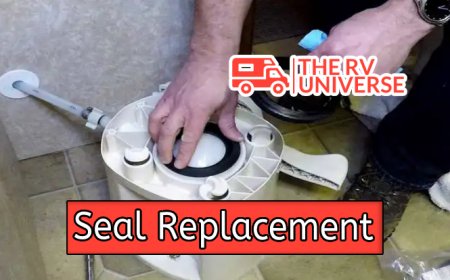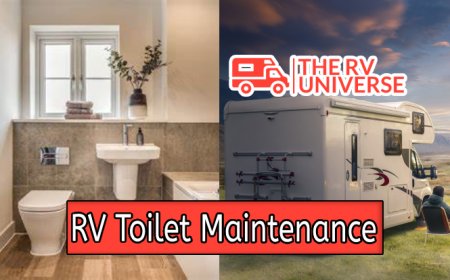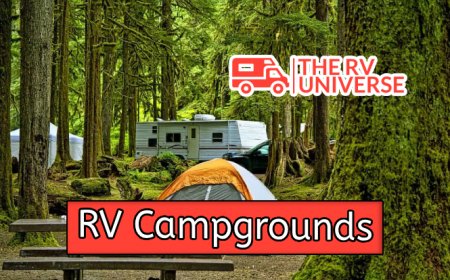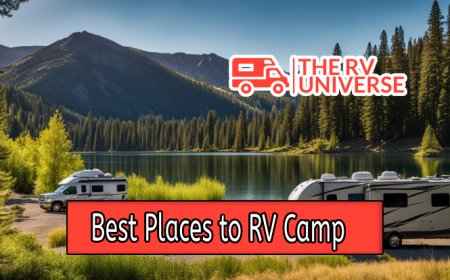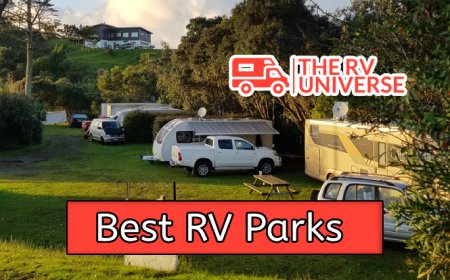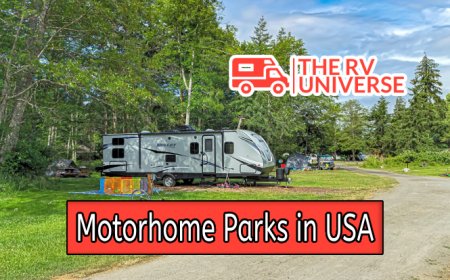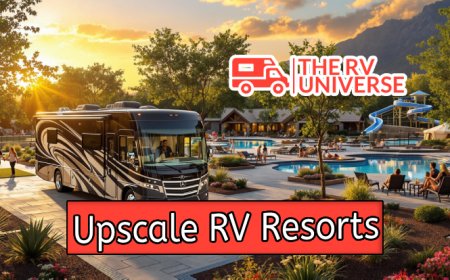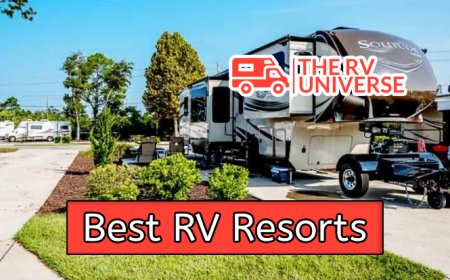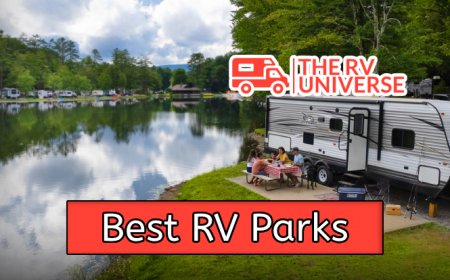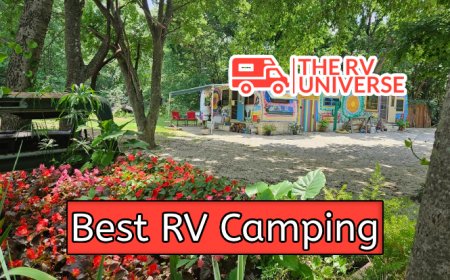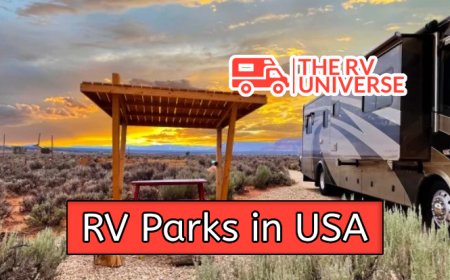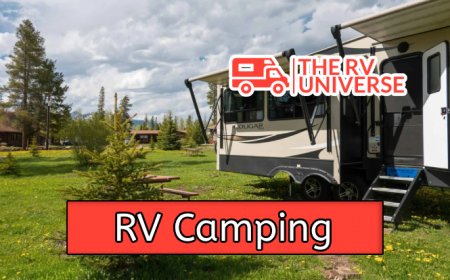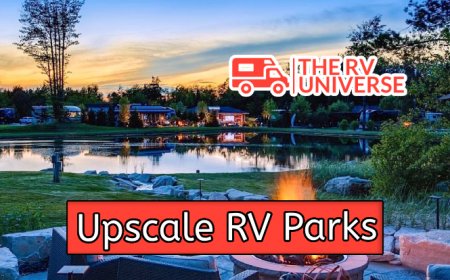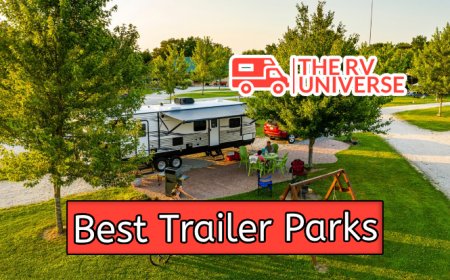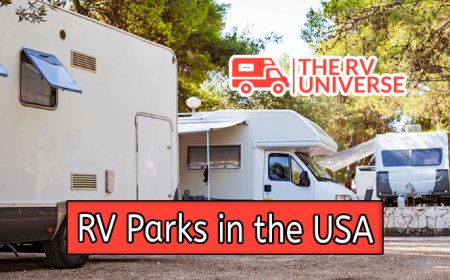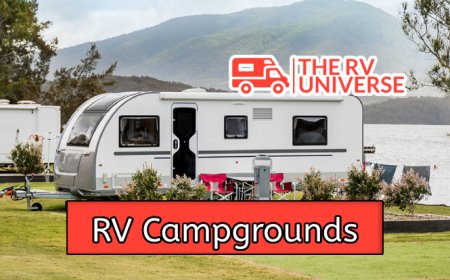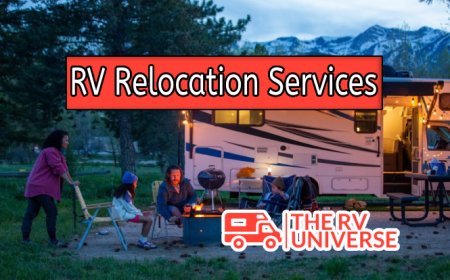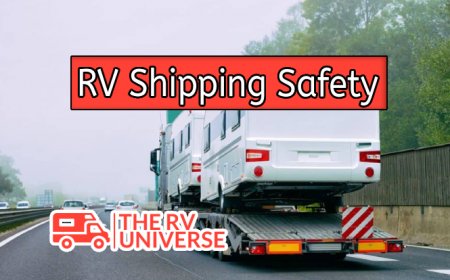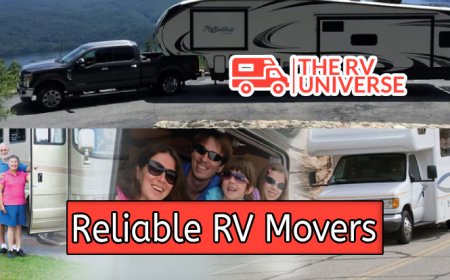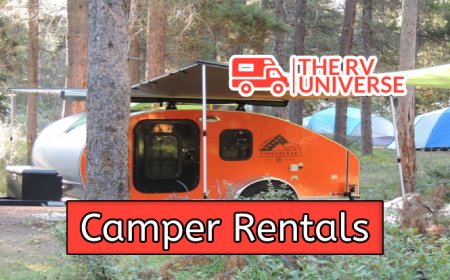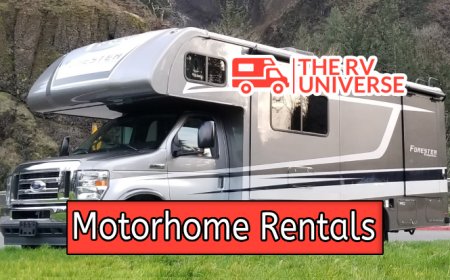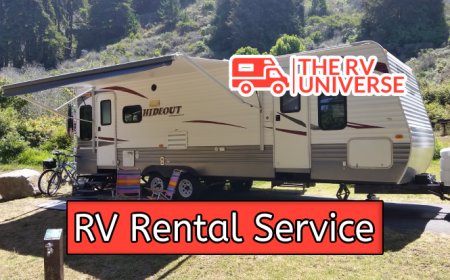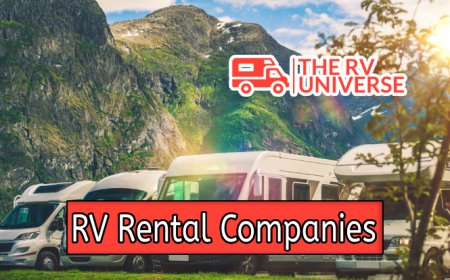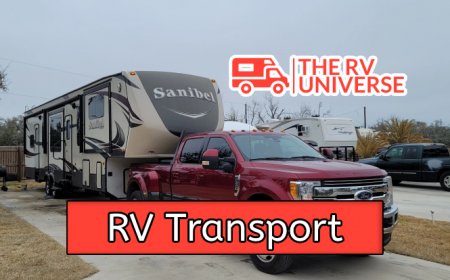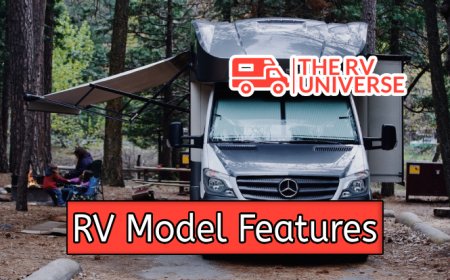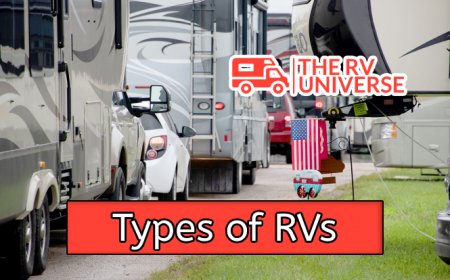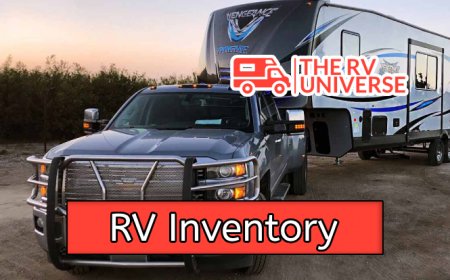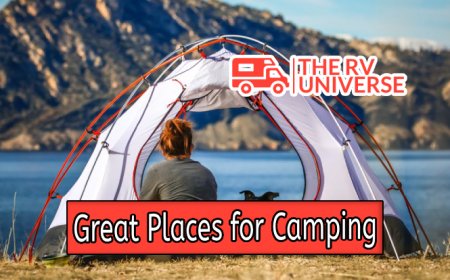Finding Free RV Camping Sites: A Complete Guide
Navigate your way to ideal free RV camping sites with our comprehensive guide -- more outdoor fun, no costs!
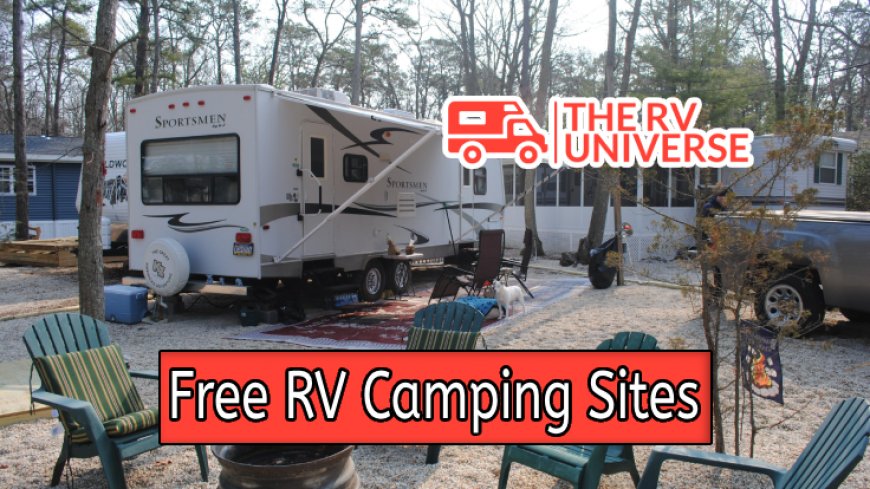
Finding free RV camping sites can be a thrilling adventure, amplifying the fun of an already liberating RV journey. Not only does it rinse off some of the trip's cost, but it also leads you to uncharted paths, often yielding unexpected journeys and magnificent sights. But the hunt for these hidden gems requires skill and know-how—both of which we're here to help you acquire.
Your Guide to Finding Free RV Camping Sites
Navigating your way through the vast outdoors to find the perfect spot can seem daunting. But with a proper plan and armed with the right knowledge, it can become one of the most exiting parts of your RV trip. Let's see how you can become an expert at finding free RV camping sites.
Table of Contents
- Understanding the Basics
- Planning Your Route
- Using Digital Resources
- Boondocking and Dry Camping
- Finding Legal Locations
- Respecting Nature
- Staying Safe
- Conclusion
Understanding the Basics

Before you can begin to revel in the excitement of finding free RV camping sites, it's essential to understand a few basics. Firstly, 'free camping,' also known as 'dispersed camping,' refers to camping outside of designated campgrounds, often in wilderness or semi-wilderness locations. These sites quite often lack amenities like water hook-ups, power, and bathrooms.
However, the lack of amenities is a trade-off. For every convenience you give up, you gain a wealth of solitude, beauty, and freedom that established campgrounds, bound by their structures and rules, often can't provide.
Free RV Camping: A Glimpse of the Offering
- Oversized parking lots: Some commercial establishments like Walmart generally allow RV users to park overnight, free of charge, in their oversized parking lots.
- Dispersed camping areas: Specific public lands, particularly National Forests, permit free dispersed camping.
- Rest areas: Certain states will allow RVs to stay at rest areas overnight, though it's crucial to confirm local rules and restrictions beforehand.
Planning Your Route
Having a well-planned route is paramount when it comes to finding costless RV camping sites. You don't want to end up in an area that bans dispersed camping after a day of driving. And being aware of the campgrounds available to you—both paid and free—on your path will allow you to make informed decisions about where to camp each night.
Balancing Your Trip
An excellent way to ensure a balance between comfort provided by RV parks and the wilderness offered by free camping sites is to plan alternating stops. You can spend a few nights boondocking in the wild, disconnected from amenities, and then reward yourself with a night at an RV park. There, you can enjoy hot showers, laundry facilities, dump stations, and the camaraderie of other RV travelers.
Using Digital Resources
The digital age brings with it a whole spectrum of resources you can use to locate free dispersed camping sites. Various apps and websites offer vast databases of campgrounds, both paid and free, with reviews, pictures, and often detailed information about amenities and access routes.
- AllStays: AllStays is an app that provides a wide range of camping locations, including Walmarts and truck stops that allow overnight parking, and National Forests permitting dispersed camping.
- Campendium: This app offers comprehensive campground listings, including free sites, along with detailed reviews and photos from users.
- Freecampsites.net: A classic resource, this website offers a comprehensive list of free and low-cost campgrounds.
By using such resources, you can take the guesswork out of finding free spots, making it possible to wake up each morning surrounded by nature, with no bill to pay.
Boondocking and Dry Camping
Boondocking, or dry camping, refers to the practice of RV camping with no hook-ups, meaning no water, sewer, or electricity. It's the way everyone camps when they're dispersed camping. Learning to dry-camp efficiently is crucial to enjoying your free camping experiences.
Quenching Your Water Needs
When you're boondocking, it's essential to make every drop of water count. It enhances your independence and extends your stay. You can conserve water by taking Navy showers, doing dishes in a basin, and using paper plates.
Managing Power Usage
A good way to manage power while dry camping is by using solar panels. They're a clean, quiet, and sustainable source of electricity for your RV.
Boondocking offers the quintessential camping experience, celebrating the beauty and solitude the open road grants us. By finding free RV camping sites and mastering the art of dry camping, you take another step in your journey through the heart of the RV universe.
Finding Legal Locations
Just as we respect the open road, we must also respect the laws that govern camping. Not all outdoor spaces are open for free camping. Therefore, when finding free RV camping sites, it's essential to ensure you're allowed to be there. Trespassing on private property or camping in areas not designated for camping can incur hefty fines or worse.
Public Lands: A Treasure Trove
Public lands are an abundant source of legal free camping. Areas managed by the U.S. Forest Service (USFS) and the Bureau of Land Management (BLM) often allow free dispersed camping. Before settling in, always check local rules and regulations.
Remember, "Leave No Trace" is not just a recommendation, but a fundamental tenet of being a good steward of public lands.
Respecting Nature
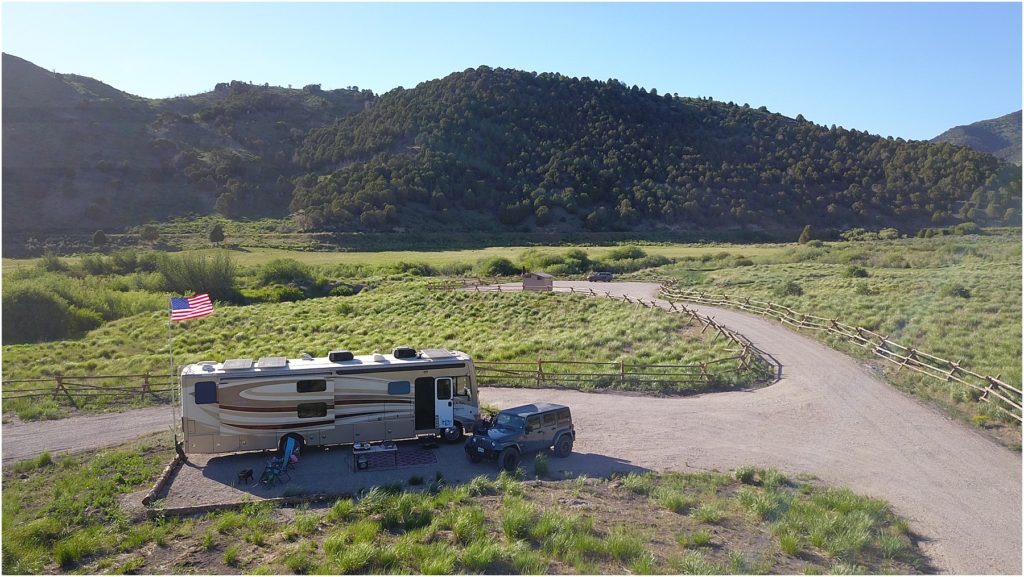
We are visitors in nature's realm. Preserving the environment should be paramount in our experience. To ensure that future campers can enjoy the same beauty we have, adhere to the National Forest's dispersed camping regulations:
- 10-14 day limit in one place
- Pack out all your garbage
- No dumping of any chemicals or waste
- Respect wildlife
Most importantly, it's crucial to leave your camping site as you found it, better yet, leave it in better shape than you found it.
Staying Safe
In the realm of free camping, safety becomes even more critical. The lack of facilities does mean you must be more self-reliant. Here are a few tips for staying safe:
- Plan ahead: Researching the area, having maps, and bringing everything you need is essential.
- Have alternate plans: Finding free RV camping sites isn't always straightforward. Always have a backup plan in case your first option is inaccessible or full.
- Beware of wildlife: You're more likely to encounter wildlife in dispersed camping areas. Try to learn a little bit about the local fauna, especially anything that could pose a threat.
- Be aware of the weather: Weather can change quickly, especially in wild areas. Make sure to check the forecast and plan accordingly.
Conclusion
Finding free RV camping sites can add an extra layer of excitement and adventure to your RV journey. It offers an opportunity to disconnect from the rush of modern life, to immerse yourself in the beauty of nature, and to truly appreciate the freedom that RV life provides.
From planning your route, using digital resources, boondocking in the wilderness, to respecting nature and ensuring your safety, each aspect plays an essential role in your journey. Always remember, the road is there to be enjoyed, but it is also there to be respected. As we enjoy the allure of free camping, let's also strive to preserve the beauty of these places for future travelers. Because, in the end, the pursuit of finding free RV camping sites is not just about preserving dollars in your wallet, but about preserving the spirit of the open road.
What's Your Reaction?







